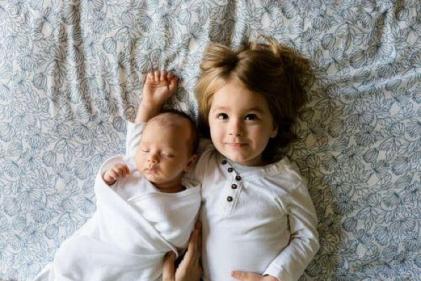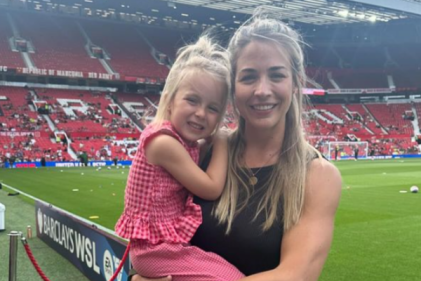Childhood friendships are precious things, haloed with the magic and enthusiasm that comes with being so young. However, these special bonds can break, and a new study has found that parents may play a large part in best friendship ending.
The Journal of Family Psychology-published study looked at data from 1,523 kids aged about seven to 12, 766 of whom were boys.
The researchers from Florida Atlantic University and the University of Jyvaskyla in Finland conducted a survival analysis, which looks at how much time passes before the event of interest occurs (in this case, best friendship breaking up).
The team determined when the ends of these best friendships occurred, from the beginning of primary school to the end, when kids were about 12.
The researchers also looked at the characteristics of the kids' parents, using questionnaires filled out by the mums and dads.
They examined three parenting styles that are fairly commonly recognised: behavioural control, which includes curfews and similar rules; psychological control, which involves guilt and shaming; and warmth and affection.
The team also determined if parents were depressed, as they wanted to differentiate between combinations of parenting styles and parental mental health issues, which can impact parenting behaviour.
The kids' social status was also taken into account, to separate the impact of parenting styles from children's own difficulty getting along with kids their age.
"We already know that peer status plays an important role in friendship outcomes. For example, well-liked children have more long-lasting relationships than do their classmates," Brett Laursen, Ph.D., co-author of the study, told Science Daily.
Laursen, who is also a professor and graduate studies coordinator in the Department of Psychology in FAU's Charles E. Schmidt College of Science, said:
"Our study is the first to include both parent characteristics and peer social status in the same model to identify the unique contributions of parents to child friendship stability."
According to the study's authors, negative parenting features, including depression and psychological control, increased the risk of best friendships dissolving.
Kids whose parents suffered from clinical depression saw a 104 percent increased risk of best friendships ending. The risk of best friendship dissolving was also elevated, but not quite as dramatically, for children of psychologically controlling parents.
These two factors, parental psychological control and parental depression, predicted the break up of children's friendships, beyond the part that peer difficulties play.
"Depressed and psychologically controlling parents create an affective climate that is detrimental to a child's well-being, with problems that spill over into the peer social world. Best friendships are one causality of this affective spillover," Laursen noted.
"We believe that children with depressed and psychologically controlling parents are not learning healthy strategies for engaging with other people, which could have long-term consequences for their future relationships."
Surprisingly enough, the study found that positive parenting behaviours, such as warmth and affection, had no impact on the stability of kids' relationships.
It is also important to note, the authors said, that friendships at these young ages are by no means permanent.
Only 10 percent of friendships that began around the age of six or seven lasted through to when the children were about 12. 48 percent even dissolved within the first year of friendship beginning.















